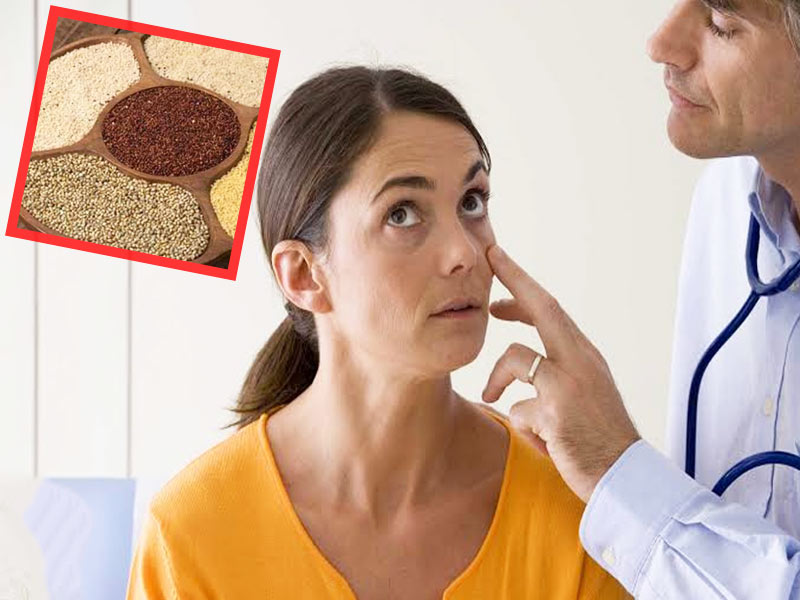
According to a recent study, it was shown that regular millet consumption can improve haemoglobin and serum ferritin levels to reduce iron deficiency anaemia which is increasing around the world. The findings of the study were published in the 'Frontiers in Nutrition' journal. The research analysis consisted of 22 studies on humans and eight laboratory studies on eating millets and anaemia. It was done by seven organisations in four countries and was led by the International Crops Research Institute for the Semi-Arid Tropics (ICRISAT).
Dr S Anitha, the study's lead author and Senior Nutritionist at ICRISAT highlighted, "The study concluded that millets can provide all or most of the daily dietary iron requirements of an average person. Although the amount of iron provided depends on the millet variety and its form of processing, the research clearly shows that millets can play a promising role in preventing and reducing high levels of iron deficiency anaemia." The researchers concluded that millets improved haemoglobin levels by around 13.2 per cent. Four studies in the review also showed serum ferritin increasing by an average of 54.7 per cent. Ferritin is an iron-containing protein in the blood which is also known as the clinical marker for iron deficiency.

The studies was conducted on 1,000 children, teenagers and adults, with six different types of millets, including finger millet, pearl millet, sorghum and a mix of kodo, foxtail and little millets. The people who were a part of the studies were found to eat millets anytime between 21 days and 4.5 years. The results of this study were published on 14 October in Frontiers in Nutrition. Dr Jacqueline Hughes, Director General, ICRISAT said, "1.74 billion people were anaemic in 2019. That number is rising. It has been proven that iron deficiency anaemia affects cognitive and physical development in children and reduces productivity in adults. The need for a solution is critical, and therefore bringing millets into mainstream and government programs is highly recommended."
Also read: 10 Superfoods to Fight Anaemia
"Now that there is strong evidence of the value of millets in reducing or preventing iron deficiency anaemia, it is recommended that one major research study be undertaken on anaemia covering all the different types of millet, common varieties and all major forms of processing and cooking, using a uniform testing methodology. This will provide the detail required for designing interventions needed to have a major impact on reducing anaemia globally," said Professor Ian Givens, a co-author of the study and Director at the University of Reading's Institute of Food, Nutrition and Health (IFNH) in the UK.







